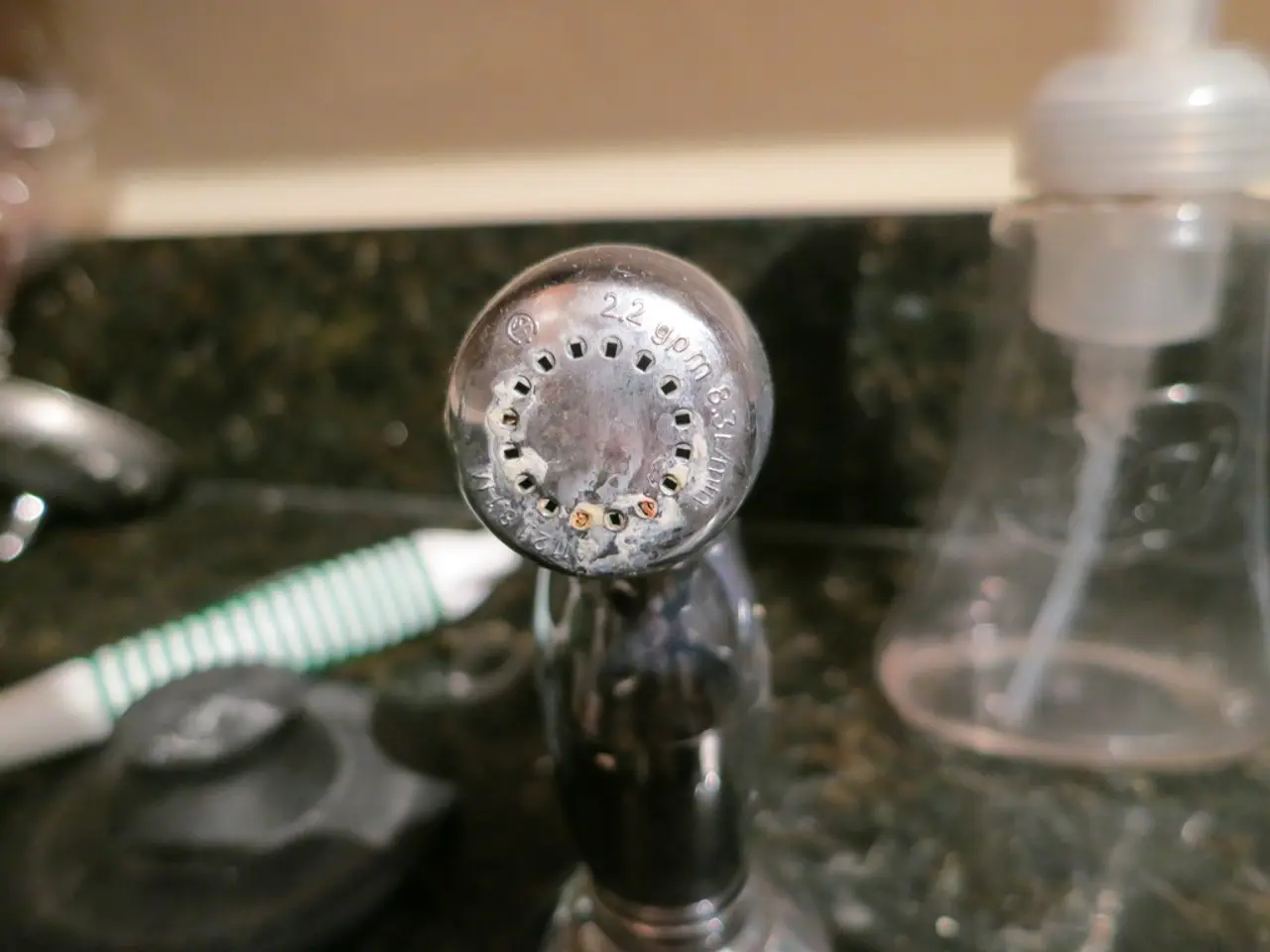Understanding heat pumps: Defining them and delving into their functionality.
Heat pumps are becoming increasingly popular in Australian homes, offering an efficient and versatile solution for heating and cooling. These systems transfer heat from one location to another using a refrigeration cycle, rather than generating heat directly.
How Heat Pumps Work
Heat pumps consist of four primary components: an evaporator, compressor, condenser, and expansion valve, arranged in a closed loop containing refrigerant. A reversing valve allows switching between heating and cooling modes.
- In heating mode, the evaporator coil absorbs heat from the outdoor air, even at low temperatures. The refrigerant inside evaporates, turning from a low-pressure liquid to a low-pressure gas by absorbing this ambient heat.
- The refrigerant gas is compressed, increasing its pressure and temperature significantly.
- The hot, high-pressure refrigerant gas moves inside where it releases heat into the home’s air or water heating system, condensing back into a liquid in the process.
- The refrigerant's pressure and temperature are lowered before returning to the evaporator to repeat the cycle.
- In cooling mode, the reversing valve changes the flow, so the system extracts heat from inside and expels it outdoors.
Advantages of Heat Pumps for Household Use
Heat pumps offer numerous advantages for household use:
- High Efficiency: Heat pumps can deliver 3 to 4 times more heat energy than the electrical energy they consume, making them highly efficient.
- Dual Heating and Cooling: One system provides both heating and cooling, reducing the need for separate units.
- Lower Carbon Footprint: They rely mainly on renewable heat absorbed from air or ground, reducing fossil fuel use.
- Energy Savings: Can significantly lower heating bills compared to electric or gas heating systems.
- Ease of Installation: Particularly air-source heat pumps can be easier to install than a gas heating system, especially for homes without gas supply.
Disadvantages and Limitations
- Reduced Efficiency in Extreme Cold: Air-source heat pumps struggle to extract enough heat from very cold air, necessitating supplementary heating during such periods, which may increase operating costs.
- Noise: Outdoor units can be noisy, which might be an issue depending on the installation site.
- Higher Initial Costs: Installation of heat pumps, particularly more complex systems like ground-source ones, can be expensive upfront.
- Dependence on Good Insulation: Inefficient or poorly insulated homes reduce heat pump efficiency, potentially increasing energy use.
- Size and Capacity Concerns: Large or older homes with high heating demand may require more powerful or multiple units, adding complexity and cost.
Rebates and Savings
The expense of installation may not make sense without available rebates. Some Australian states and territories offer rebates for heat-pump systems, particularly for hot water systems. The lack of space may prevent the installation of heat-pump air conditioners or hot water systems, particularly in apartments, semis, or townhouses.
Heat-pump technology can significantly reduce energy bills, potentially saving a large portion of the bill when combined with solar and battery technology. A draughty house may not reap the full benefits of a heat pump, as it tries to replace heat or cool that is leaking out of the house.
Choosing the Right Heat Pump
CHOICE is an independent consumer advocacy organization that provides expert reviews and independent product testing, funded by members who value their unbiased advice. When considering a heat pump, it's essential to consider the specific needs of your home and climate, as well as the available rebates and incentives. Proper home insulation enhances the performance of heat pumps, ensuring they operate efficiently and effectively.
- CHOICE, an independent consumer advocacy organization, suggests considering the specific needs of your home and climate when choosing a heat pump, as superior home insulation notably enhances their performance for efficient and effective operations.
- Heat-pump gadgets, like air conditioners and hot water systems, can be a worthwhile investment given their potential to significantly reduce energy bills, especially when coupled with solar and battery technology, although their initial costs might be high, and their efficiency could be compromised in draughty homes.




